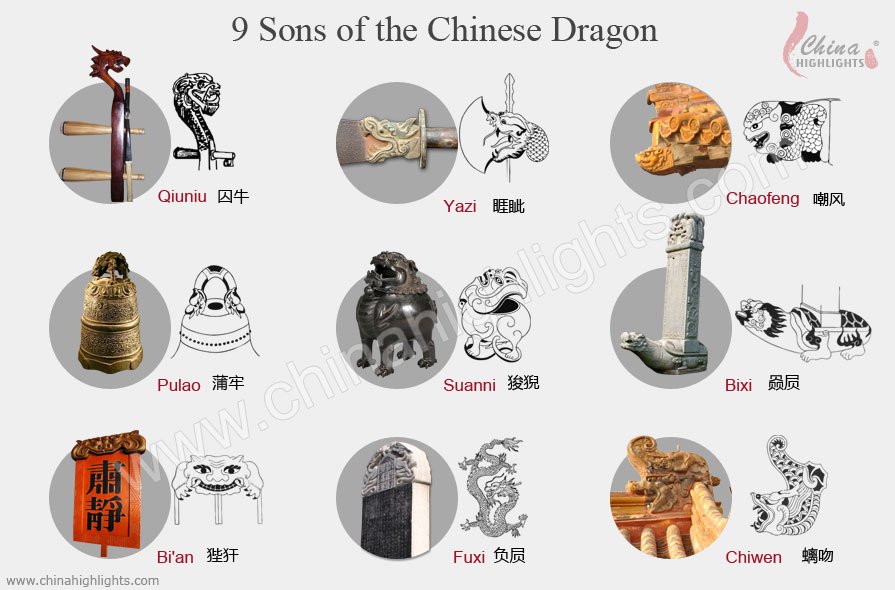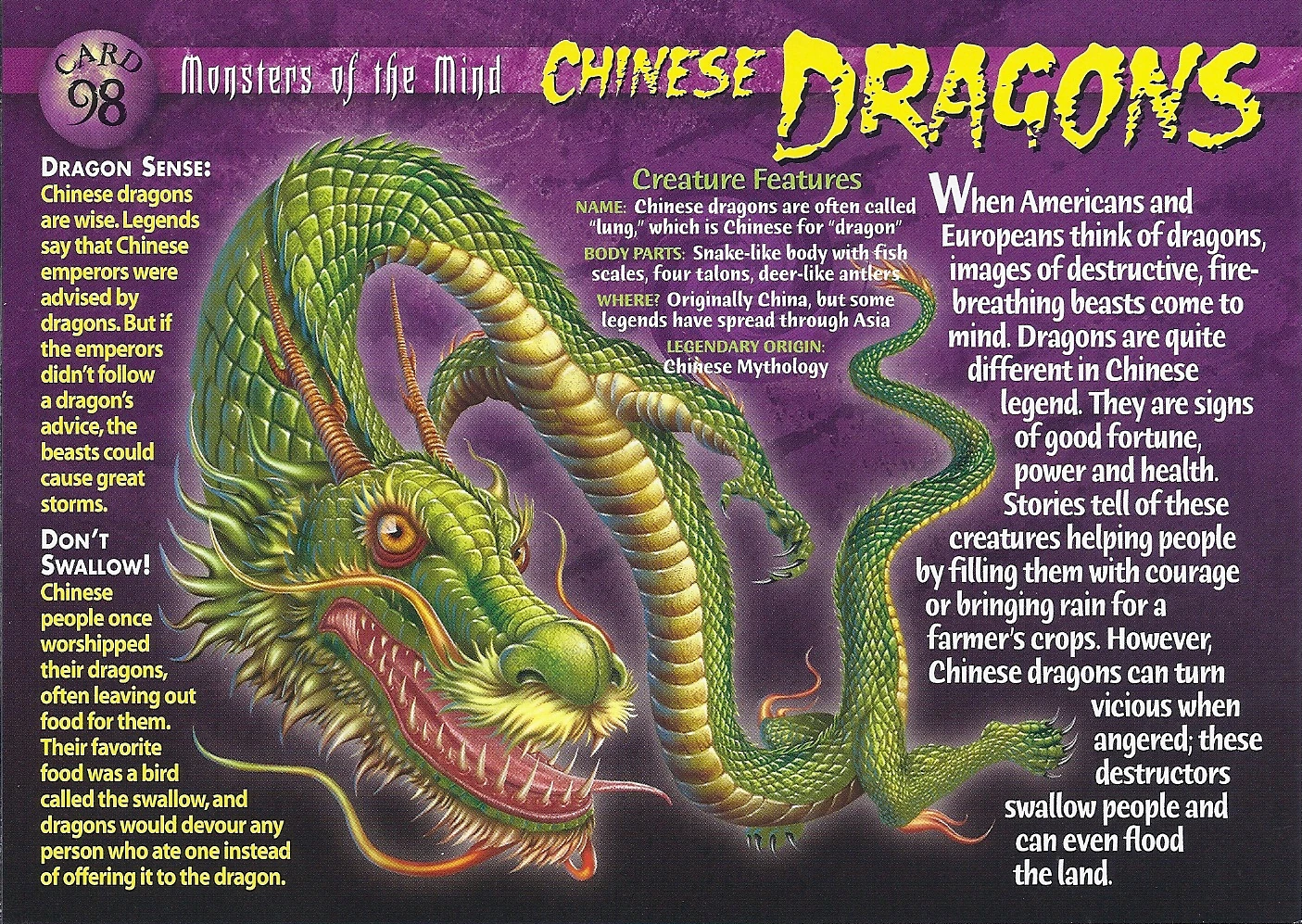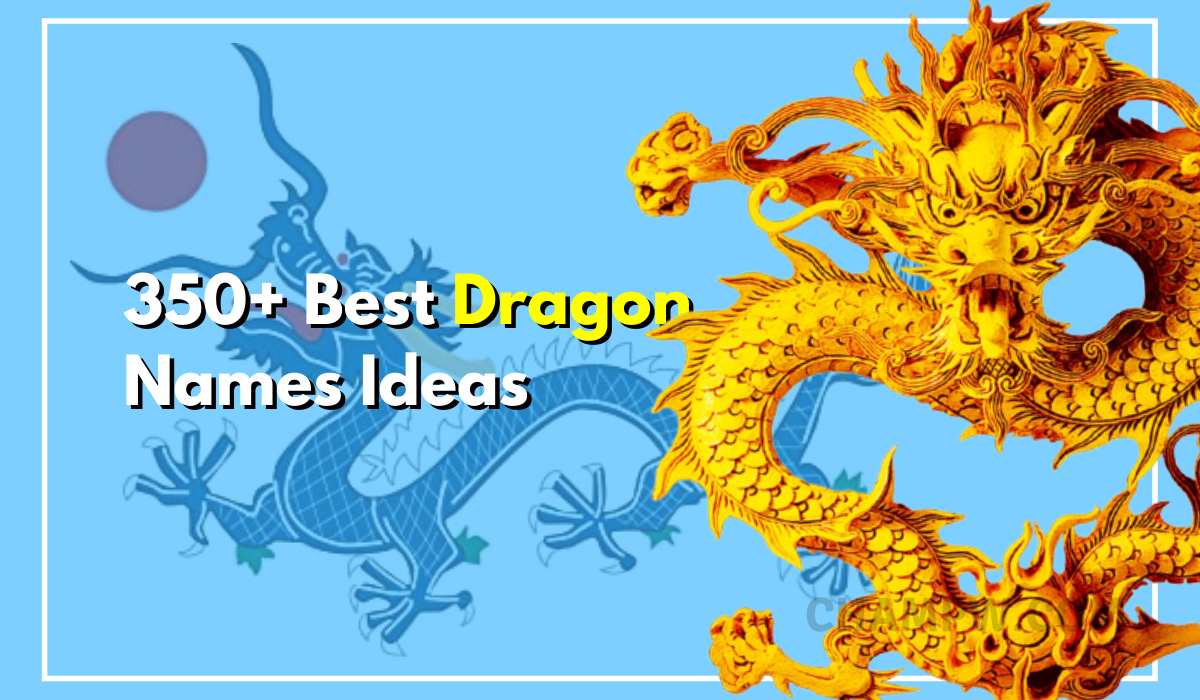Chinese dragon names are steeped in rich cultural significance and mythology. These majestic creatures, revered in Chinese folklore, symbolize power, strength, and good fortune. Understanding the various names of Chinese dragons not only opens a window into their mystical world but also highlights their role in Chinese history and culture. In this article, we will delve into the origins, meanings, and various types of Chinese dragon names, providing an in-depth exploration of this captivating topic.
The significance of dragons in Chinese culture cannot be overstated. Unlike their Western counterparts, Chinese dragons are considered benevolent and auspicious. They are often associated with water sources, such as rivers and seas, and are believed to bring rain and fertility to the land. By examining the names of these dragons, we can uncover the characteristics and traits that have made them revered figures throughout Chinese history.
In the following sections, we will discuss various categories of Chinese dragon names, their meanings, and the historical context in which they emerged. This comprehensive guide will not only enhance your understanding of Chinese dragons but also provide you with insights into the broader cultural landscape of China.
- Inventing Anna True Story The Reality Behind The Netflix Sensation
- Who Is Poodle Moth On The Masked Singer Unveiling The Mystery Behind The Mask
Table of Contents
- 1. The Cultural Significance of Chinese Dragons
- 2. Types of Chinese Dragons
- 3. Popular Chinese Dragon Names and Their Meanings
- 4. The Role of Dragons in Chinese Mythology
- 5. Dragon Names in Chinese Literature and Art
- 6. Modern Interpretations of Chinese Dragon Names
- 7. How to Choose a Dragon Name
- 8. Conclusion: Embracing the Spirit of the Chinese Dragon
1. The Cultural Significance of Chinese Dragons
Chinese dragons hold a special place in the hearts of the Chinese people. They are seen as symbols of power, authority, and good luck. The Chinese dragon is often depicted as a long, serpentine creature with antler-like horns and a beard, embodying the essence of grace and strength. Understanding the cultural significance of these dragons helps us appreciate the depth of their names and the values they represent.
2. Types of Chinese Dragons
Chinese dragons can be categorized into several types, each with its own unique characteristics and names. Here are some of the most notable types:
- Long (龙): The most common type, representing power and authority.
- Huang Long (黄龙): The Yellow Dragon, a symbol of the emperor and prosperity.
- Shen Long (神龙): The Spiritual Dragon, known for its ability to control rain and floods.
- Ying Long (应龙): The Responding Dragon, often depicted with wings.
3. Popular Chinese Dragon Names and Their Meanings
Here are some well-known Chinese dragon names along with their meanings:
- Exploring The Siblings Of Debbie Allen A Deep Dive Into Family Ties
- Bob Saget Movies And Tv Shows A Comprehensive Guide To His Career
| Name | Meaning |
|---|---|
| Long Wang (龙王) | Dragon King, ruler of all dragons. |
| Qing Long (青龙) | Azure Dragon, represents the east and spring. |
| Huang Long (黄龙) | Yellow Dragon, associated with the emperor. |
| Xuan Long (玄龙) | Black Dragon, symbolizes the north and winter. |
4. The Role of Dragons in Chinese Mythology
Dragons feature prominently in Chinese mythology, often appearing in stories that explain the natural world and historical events. They are believed to be guardians of treasures and protectors of the people. Many legends revolve around dragon kings and their interactions with gods and humans, emphasizing their importance in the cultural narrative of China.
5. Dragon Names in Chinese Literature and Art
The imagery and symbolism of dragons have been widely represented in Chinese literature and art. From ancient texts to contemporary works, dragons appear as motifs that embody strength and wisdom. Artists and writers have given dragons various names that reflect their personalities and attributes, enriching the cultural tapestry of China.
6. Modern Interpretations of Chinese Dragon Names
In today’s world, the fascination with Chinese dragons continues to thrive. Modern interpretations of dragon names often blend traditional meanings with contemporary themes, making them appealing to a broader audience. Many people choose dragon names for their children or use them in popular culture, showcasing the enduring legacy of these mythical creatures.
7. How to Choose a Dragon Name
Choosing a dragon name can be a meaningful process. Here are some tips to consider:
- Think about the traits you want the name to convey, such as strength, wisdom, or luck.
- Research the meanings behind different dragon names to find one that resonates with you.
- Consider the cultural significance and history associated with the name.
8. Conclusion: Embracing the Spirit of the Chinese Dragon
In conclusion, Chinese dragon names are not just labels; they carry deep cultural meanings and historical significance. By exploring the various names and their origins, we can appreciate the rich tapestry of Chinese mythology and the values that dragons embody. We encourage you to share your thoughts in the comments, explore more about Chinese culture, and perhaps even choose a dragon name that resonates with you!
Thank you for reading! We hope you found this exploration of Chinese dragon names enlightening and inspiring. Don't forget to visit our site for more articles on fascinating cultural topics!
- Understanding Pet Food A Comprehensive Guide For Pet Owners
- Ultimate Guide To Depilatory Creams Everything You Need To Know


